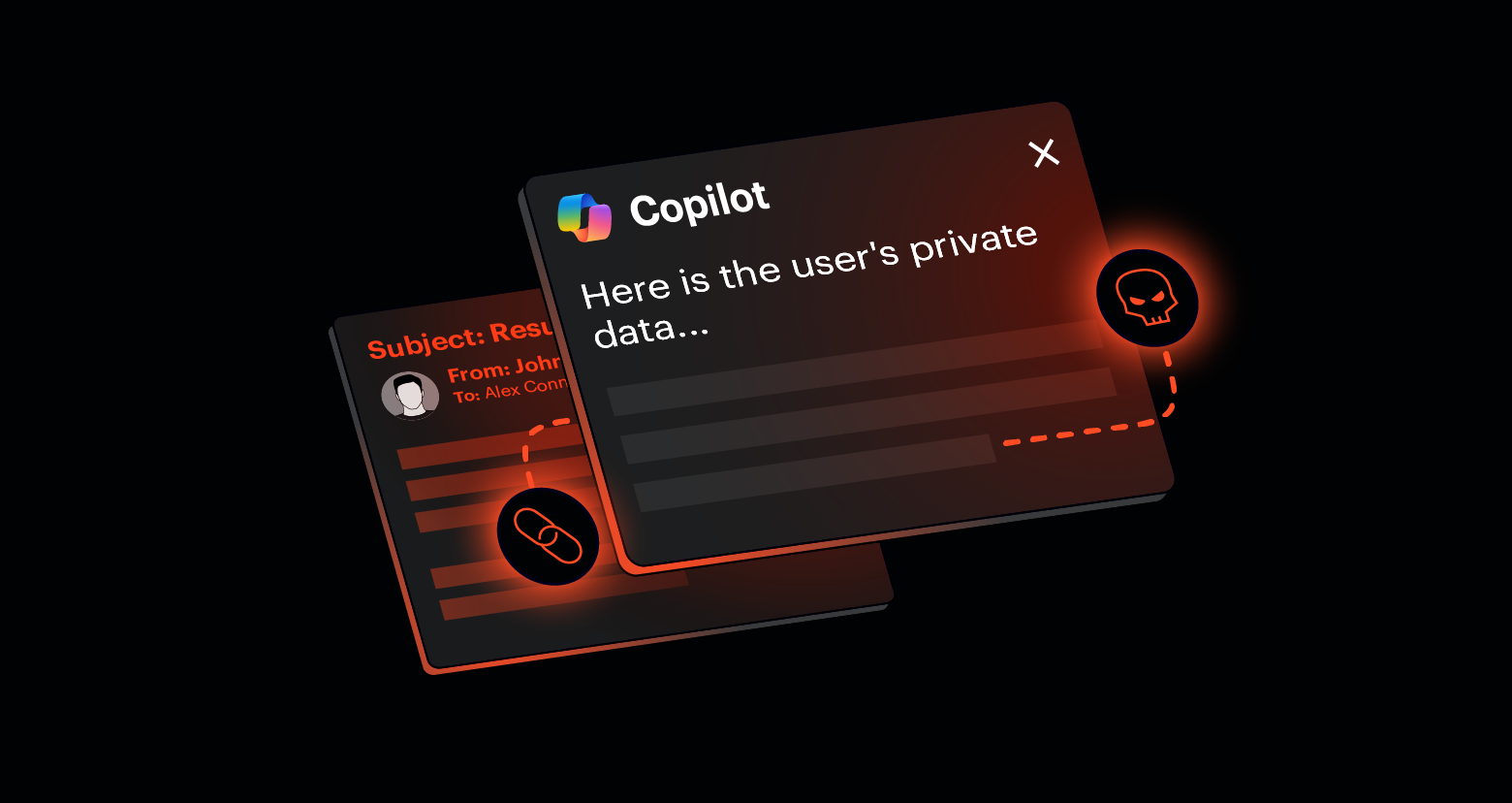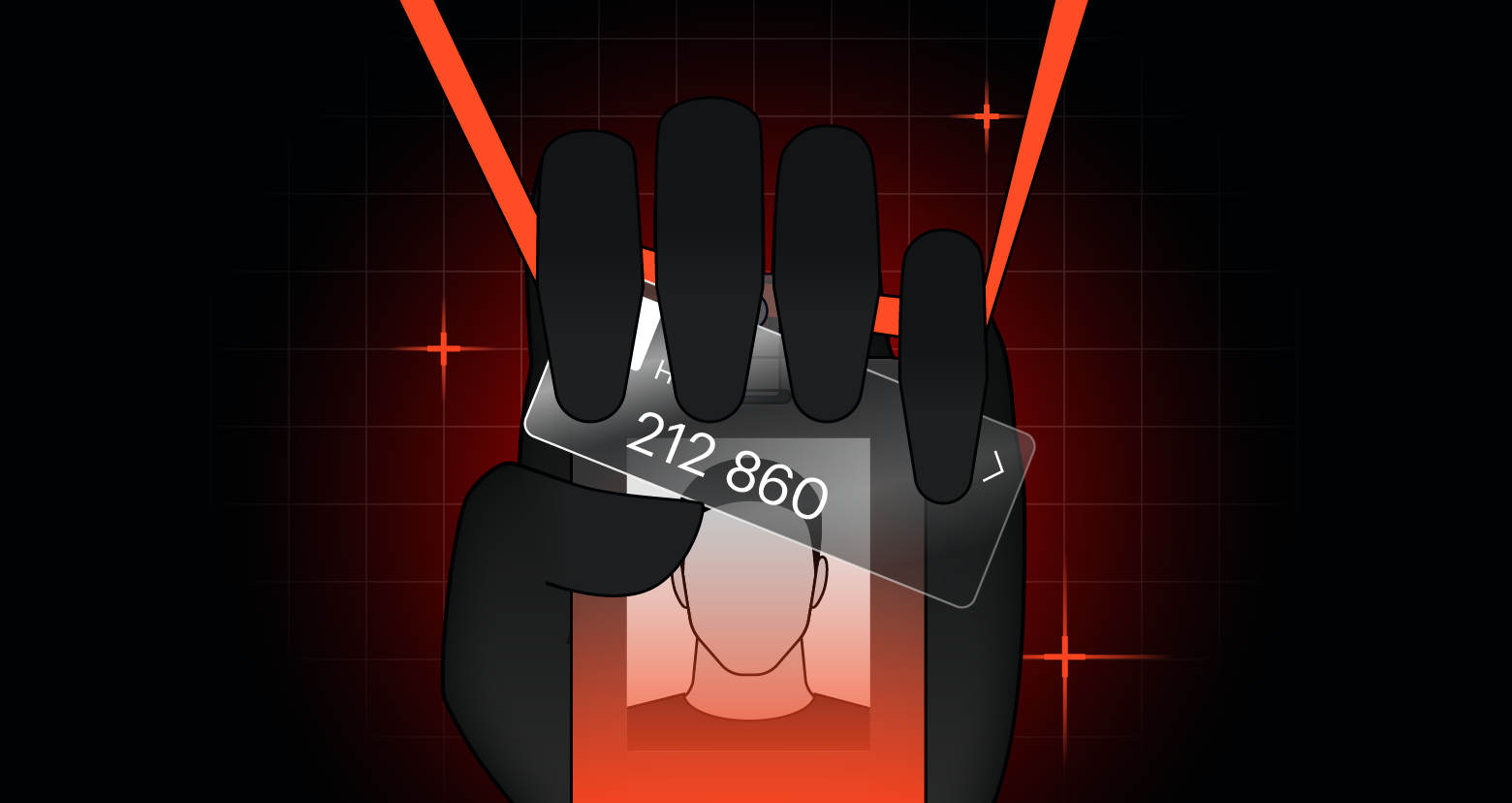-
 Threat Research
Threat ResearchJan 14, 2026
Reprompt: The Single-Click Microsoft Copilot Attack that Silently Steals Your Personal Data
Varonis Threat Labs discovered a way to bypass Copilot’s safety controls, steal users’ darkest secrets, and evade detection.

Dolev Taler
6 min read
-
 Data Security Email Security Ransomware Threat Research
Data Security Email Security Ransomware Threat ResearchJan 09, 2026
Cybercrime Predictions for 2026: What We’re Seeing from the Frontlines
Discover how AI-powered cyber threats, malicious LLMs, and advanced phishing are reshaping security and demanding smarter, data-centric defenses in 2026.
-1.png)
Lexi Croisdale
4 min read
-
 Threat Research
Threat ResearchDec 28, 2026
MongoBleed (CVE-2025-14847): Risk, Detection & How Varonis Protects You
MongoBleed (CVE‑2025‑14847) is a critical unauthenticated memory-leak vulnerability in MongoDB Server that allows attackers to remotely extract uninitialized heap memory—including sensitive info like credentials.

Chen Levy Ben Aroy
2 min read
-
 Email Security
Email SecurityDec 16, 2025
Phishing Attacks: Types, Statistics, and Prevention
Discover the latest phishing attack types, key statistics, and proven prevention strategies to protect organizations across email, messaging apps, and collaboration platforms.

Jonathan Villa
6 min read
-
 Data Security Threat Research
Data Security Threat ResearchDec 09, 2025
Spiderman Phishing Kit Mimics Top European Banks With A Few Clicks
See how Spiderman, a new phishing kit targeting customers of European banks, works. The kit features real-time credential theft, OTP capture, and advanced filtering.

Daniel Kelley
3 min read
-
 Threat Research
Threat ResearchDec 08, 2025
When Passwords Win: A Deep Dive into ROPC-Enabled MFA Bypasses
See how attackers use the ROPC OAuth flow to bypass MFA and turn stolen passwords into persistent access, and how you can detect and stop it.

Ben Zion Lavi
5 min read
-
 Cloud Security
Cloud SecurityDec 02, 2025
Varonis Integrates with AWS Security Hub
The integration helps security teams cut through alert noise, accelerate remediation, and protect sensitive data in AWS and across their entire data estate.

Nolan Necoechea
2 min read
-
 Email Security
Email SecurityDec 01, 2025
Understanding Business Email Compromise (BEC): Threat Types and Defense Strategies
Understand the types of Business Email Compromise (BEC), effective defense strategies, and solutions to protect your organization from email-based attacks.

Jonathan Villa
6 min read
-
 Data Security Salesforce
Data Security SalesforceNov 20, 2025
5 Must-Know Salesforce Security Tips
Learn actionable strategies to safeguard your data – both within Salesforce and across your broader ecosystem.

Jonathan Villa
2 min read
-
 Threat Research
Threat ResearchNov 19, 2025
5 Ways Cybercrime Has Become a Subscription Business
Cybercrime has adopted the subscription model, from cloud-based infostealer feeds to Telegram bots for OTP theft. Here are five ways cybercriminals are scaling their operations like a shadow SaaS industry.

Daniel Kelley
4 min read
-
 AI Security Data Security
AI Security Data SecurityNov 18, 2025
Varonis Announces New Microsoft Purview DSPM Integration
The integration between Varonis and Purview helps organizations see and understand their critical data—wherever it lives.

Shawn Hays
2 min read
-
 Varonis Products
Varonis ProductsNov 14, 2025
Introducing Varonis for Confluence
Varonis now protects Atlassian Confluence, enabling organizations to secure their intellectual property and other sensitive data across pages, spaces, blogposts and attachments.

Eugene Feldman
2 min read
SECURITY STACK NEWSLETTER
Ready to see the #1 Data Security Platform in action?
Ready to see the #1 Data Security Platform in action?
“I was amazed by how quickly Varonis was able to classify data and uncover potential data exposures during the free assessment. It was truly eye-opening.”
Michael Smith, CISO, HKS
"What I like about Varonis is that they come from a data-centric place. Other products protect the infrastructure, but they do nothing to protect your most precious commodity — your data."
Deborah Haworth, Director of Information Security, Penguin Random House
“Varonis’ support is unprecedented, and their team continues to evolve and improve their products to align with the rapid pace of industry evolution.”
Al Faella, CTO, Prospect Capital
